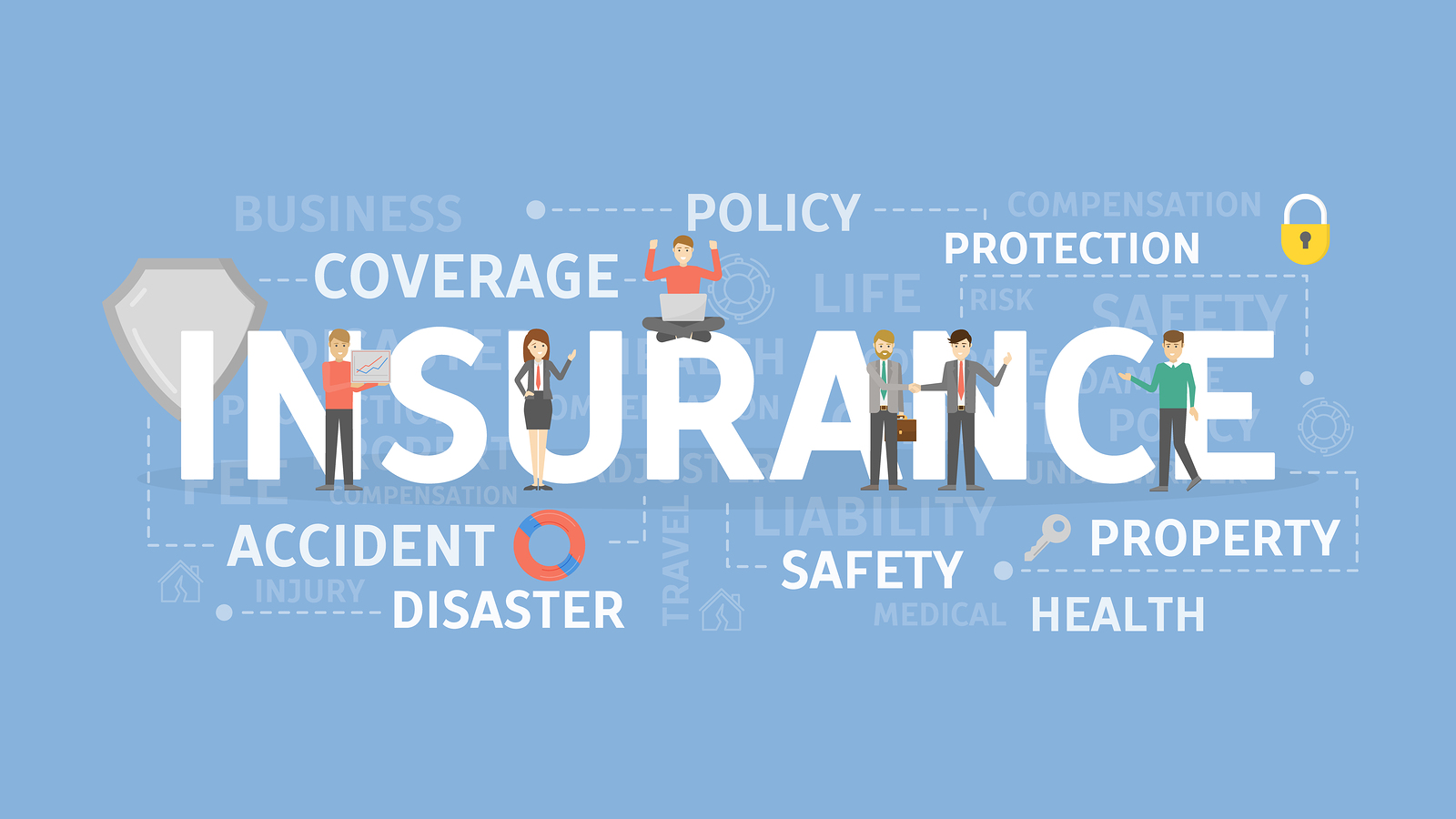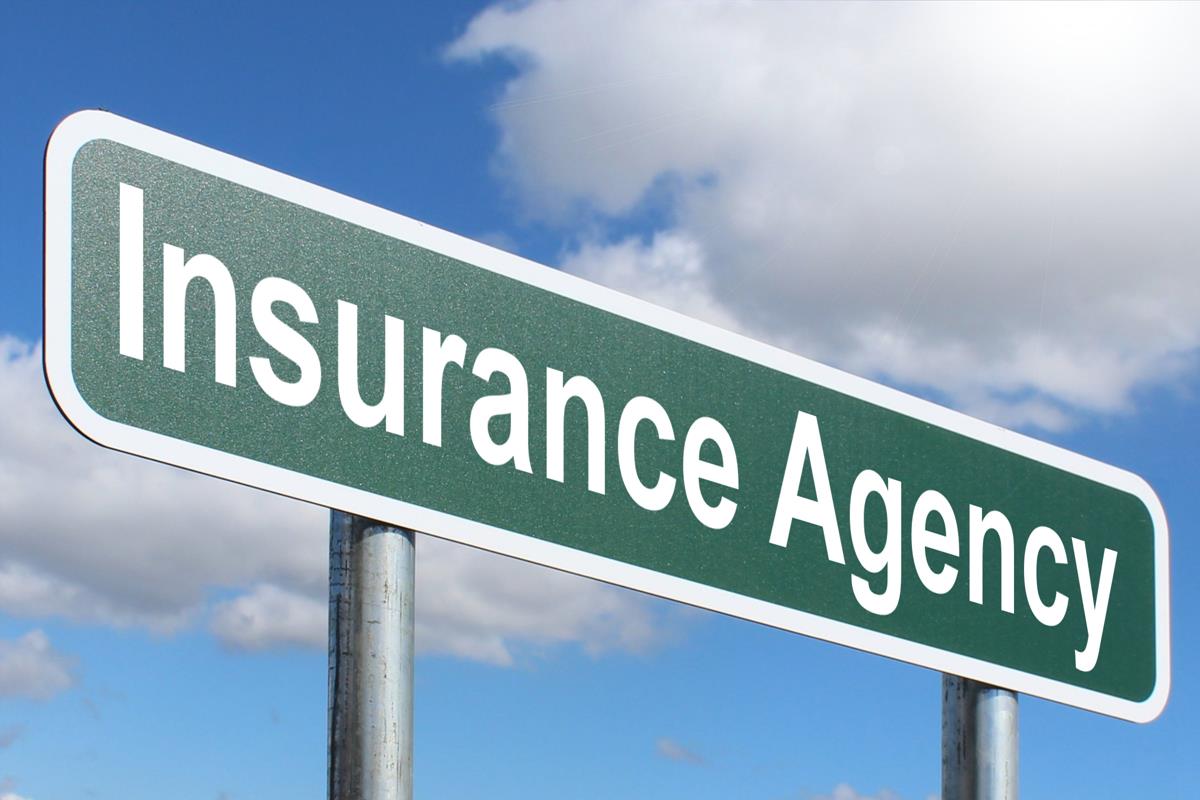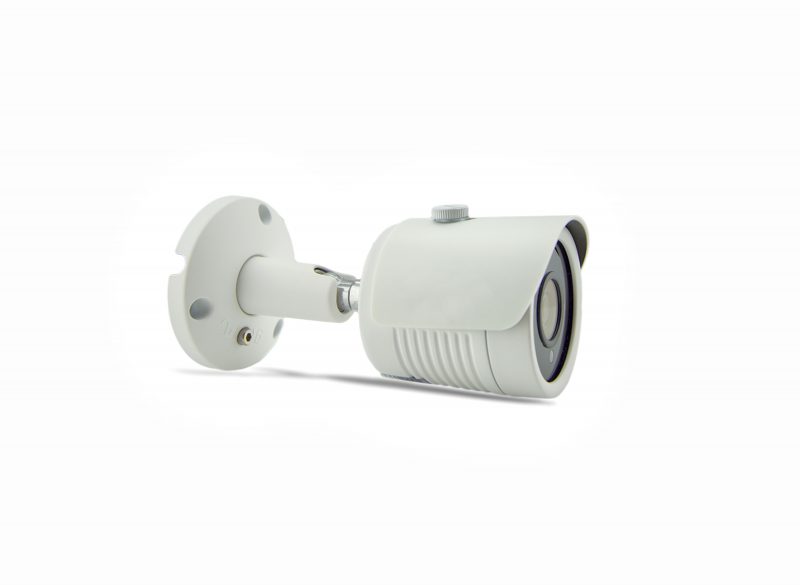
When it comes to safeguarding your business, commercial property insurance should be at the top of your priority list. This essential coverage provides protection for your company’s physical assets, such as buildings, equipment, and inventory, in the event of any unexpected incidents or damages. Whether you own a small retail store, a bustling restaurant, or a large warehouse, having the right commercial property insurance is crucial in ensuring that your business can bounce back from potential setbacks.
In addition to protecting your physical property, commercial property insurance also offers liability coverage, which safeguards your business in case of any accidents or injuries that occur on your premises. This means that if a customer slips and falls in your restaurant, for example, your insurance can help cover any legal fees or medical expenses that may arise. Having general liability insurance alongside your commercial property coverage is key in shielding your business from the financial burdens that can arise from unexpected incidents.
For those in the restaurant industry, specialized insurance for restaurants is also available. This type of coverage takes into account the unique risks that come with operating a dining establishment, such as food spoilage, equipment breakdowns, or even reputational damages. By adding these tailored coverages to your commercial property insurance policy, you can ensure that your restaurant is adequately protected against any unforeseen circumstances that may threaten its operations.
By investing in commercial property insurance, you are not only safeguarding your business against potential losses but also gaining peace of mind. In this comprehensive guide, we will delve into the intricacies of commercial property insurance, discussing its importance, the different types of coverage available, and how you can select the right policy to suit the specific needs of your business. So, let’s dive in and explore how you can protect your valuable assets with commercial property insurance.
Understanding Commercial Property Insurance
Commercial Property Insurance is a vital asset for any business owner. It provides protection for your physical business assets, such as buildings, equipment, and inventory, against a range of risks including fire, theft, vandalism, and natural disasters. This type of insurance coverage is crucial for safeguarding your business and ensuring its continuity in the face of unexpected events.
Commercial Property Insurance goes beyond just protecting the physical structure of your business premises. It can also cover your business personal property, such as furniture, machinery, and supplies. Additionally, it can provide coverage for business interruption, helping you recover lost income and continue operating in the event of a covered loss or damage.
One important aspect to consider is that Commercial Property Insurance is separate from General Liability Insurance. While General Liability Insurance covers third-party bodily injury and property damage claims, Commercial Property Insurance specifically focuses on protecting the physical assets of your business. It is important to have both types of coverage to comprehensively protect your business from potential risks.
For businesses in specific industries like restaurants, having specialized insurance coverage is essential. Insurance for Restaurants provides coverage tailored to the unique risks faced by food establishments, such as food spoilage, equipment breakdowns, and liquor liability. Having the right insurance protection not only safeguards your assets but also provides peace of mind, knowing your business is protected against unforeseen events that could potentially disrupt its operations.
###The Importance of General Liability Insurance
General Liability Insurance is a crucial aspect of safeguarding your business against potential risks and liabilities. Having this type of insurance coverage provides you with financial protection and peace of mind in the event of accidents, injuries, or property damage caused by your business operations.
Accidents can happen unexpectedly, and when they do, they can lead to costly legal disputes and financial burdens. General Liability Insurance ensures that you are covered for these unforeseen circumstances. Whether it’s a slip and fall incident at your premises or damage caused by your products or services, this insurance policy provides the necessary coverage to handle legal expenses, settlements, and medical bills.
One of the key benefits of General Liability Insurance is that it offers protection both inside and outside your business premises. If a customer sustains an injury while visiting your establishment, such as tripping over a loose wire, this insurance will cover their medical expenses and any legal costs that may arise from a resulting lawsuit. Similarly, if your business activities damage someone else’s property, whether through accidental fire or water leaks, General Liability Insurance will offer financial support to cover the costs of repairs and replacements.
Furthermore, General Liability Insurance can be particularly crucial for businesses in the restaurant industry. Running a restaurant involves various risks, including potential foodborne illnesses, slip and fall accidents, or customer dissatisfaction leading to lawsuits. With the right insurance coverage, you can protect your restaurant from these risks and avoid incurring significant financial losses.
To ensure the safety and sustainability of your business, investing in General Liability Insurance is essential. It provides the necessary protection against unforeseen circumstances, allowing you to focus on running your business smoothly while knowing that you are adequately covered.
Key Considerations for Restaurant Insurance
Running a restaurant comes with its own unique set of risks and challenges. To protect your investment and ensure the longevity of your business, it’s crucial to have the right insurance coverage in place. Commercial property insurance and general liability insurance are two key types of coverage that every restaurant owner should consider.
Commercial property insurance is essential for safeguarding your restaurant’s physical assets. This includes coverage for the building itself, as well as any equipment, furniture, or inventory inside. In the event of a fire, theft, or other covered incident, this insurance can provide the financial protection needed to repair or replace damaged property. With the right commercial property insurance policy, your restaurant can recover faster and resume operations without the burden of costly repairs.
In addition to commercial property insurance, general liability insurance is equally important for restaurants. This type of coverage protects your business from third-party claims of bodily injury or property damage. For instance, if a customer slips and falls on a wet floor, general liability insurance can cover the medical expenses and legal fees associated with the incident. Without this coverage, a single liability claim could potentially result in financial ruin for your business.
Insurance for restaurants is designed to address the specific risks and liabilities that come with operating in the foodservice industry. From fires and equipment breakdowns to foodborne illnesses and customer accidents, the potential threats to your restaurant’s success are numerous. By understanding the key considerations of restaurant insurance and securing the proper coverage, you can have the peace of mind knowing that your business is protected.







